How Internal Employee Experience Drives Exceptional Customer Service
Shep interviews Taylor Scott, Founder of Lead with Hospitality, LLC, and author of Give Hospitality. He talks about how living and working from a place of hospitality can transform both employee experiences and customer relationships.
This episode of Amazing Business Radio with Shep Hyken answers the following questions and more:
How does a positive company culture directly impact customer satisfaction?
How does an employee's internal experience translate to a better customer experience?
Why is it important for organizations to align their hiring practices with their core values?
How can businesses differentiate between providing transactional service and building genuine customer relationships?
How can leadership inspire employees to consistently deliver exceptional service to customers?
Top Takeaways:
True hospitality is about living and working with generosity. It is about giving kindness, compassion, encouragement, and making people feel important, whether they're customers or coworkers.
A great customer experience always begins with a strong internal culture. When employees are happy and treated well, they are more likely to treat customers with respect and kindness.
What happens behind the scenes of an organization shows up for the customer every time. A positive work environment leads to employees who want to stay, work hard, and care about the company's success.
When a new employee joins a company, their first experiences matter just as much as a customer's first impression. Instead of overwhelming them with boring paperwork, give them a chance to experience the best parts of the brand right away.
Imagine if, on your first day, you got to truly experience the brand and enjoy what makes it special, instead of just filling out paperwork. Meaningful onboarding makes new hires feel welcome and comfortable, and teaches them about the brand's values more effectively than any paperwork can.
When there is alignment, employees feel like they belong, which inspires them to give their best for the customers. Finding employees who share the same values as your organization is the key to building a strong team.
Lasting business success comes from building real relationships with customers and employees, not just completing quick transactions. Make every interaction, at every stage of the journey, an opportunity to connect and leave a lasting positive impression.
Simple acts of recognition like calling someone by name, thanking them for their loyalty, or leaving a handwritten note can have a huge impact. These small gestures, which are often free or inexpensive, show customers that they are seen and valued, not just another number.
Consistent positive experiences build trust. No matter where your customers interact with your brand, whether on an app, in person, or through customer service, the experience should feel consistent and reliable.
Plus, Taylor talks about his new book, Give Hospitality, a story about how an uplifting, generous culture transforms both customers and employees. Tune in!
Quote:
"The essence of hospitality is the ability to make people feel welcome, comfortable, and important."
About:
Taylor Scott is an inspirational keynote speaker and organizational development consultant. He is a best-selling author, and his new book, Give Hospitality: A Hopeful Story of What Happens When We Live, Work, and Love from a Place of Generosity, is now available on Amazon.
Shep Hyken is a customer service and experience expert, New York Times bestselling author, award-winning keynote speaker, and host of Amazing Business Radio.
Learn more about your ad choices. Visit megaphone.fm/adchoices



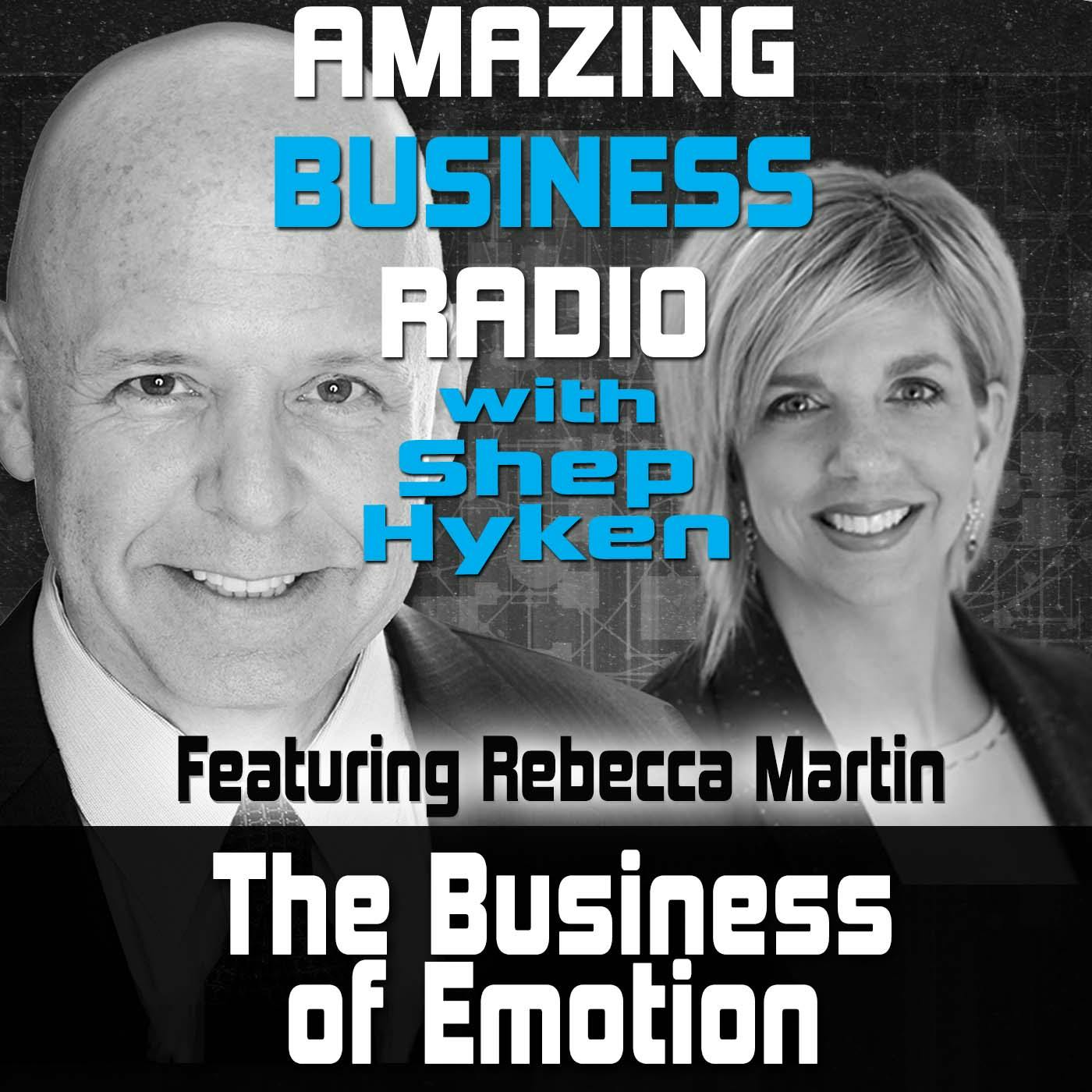
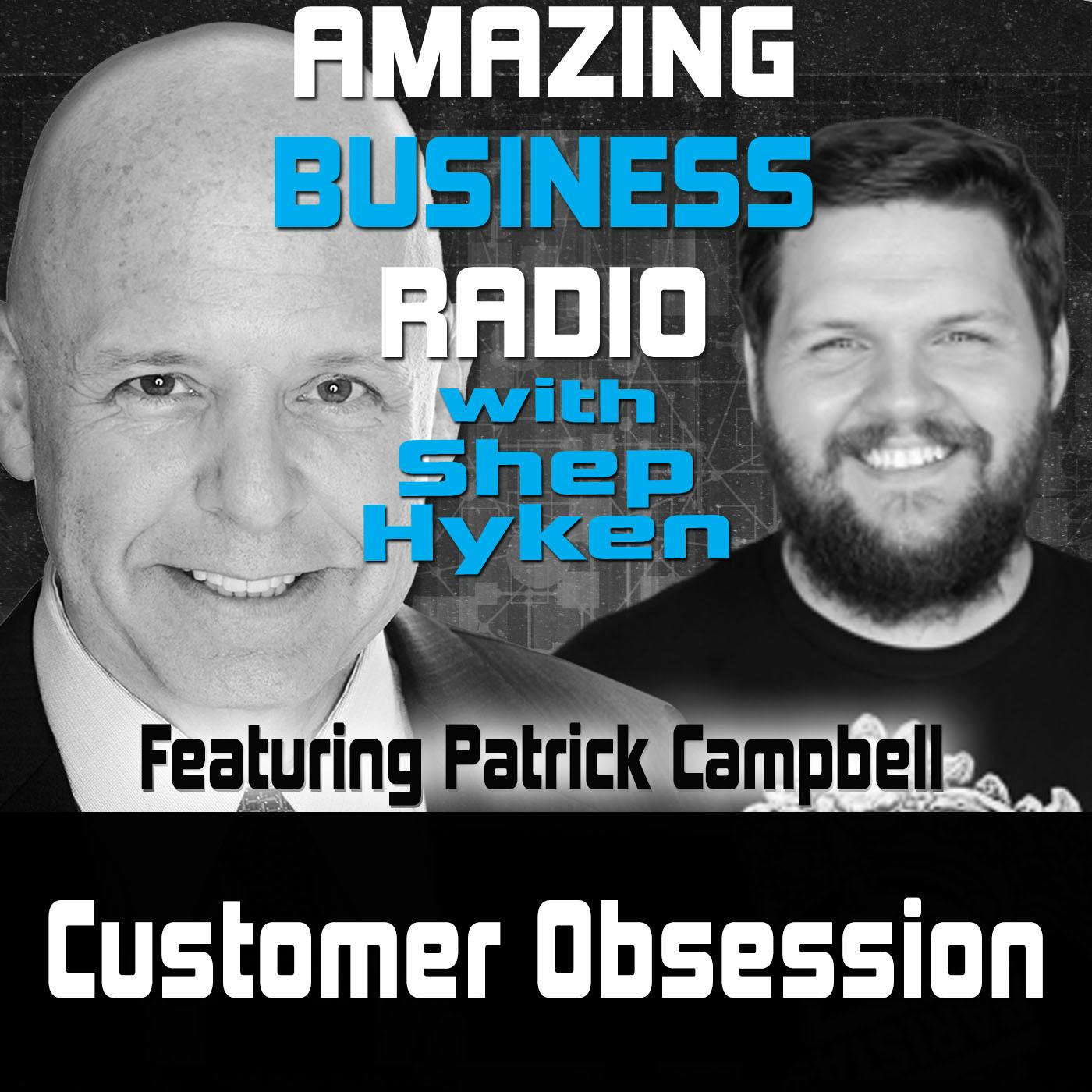
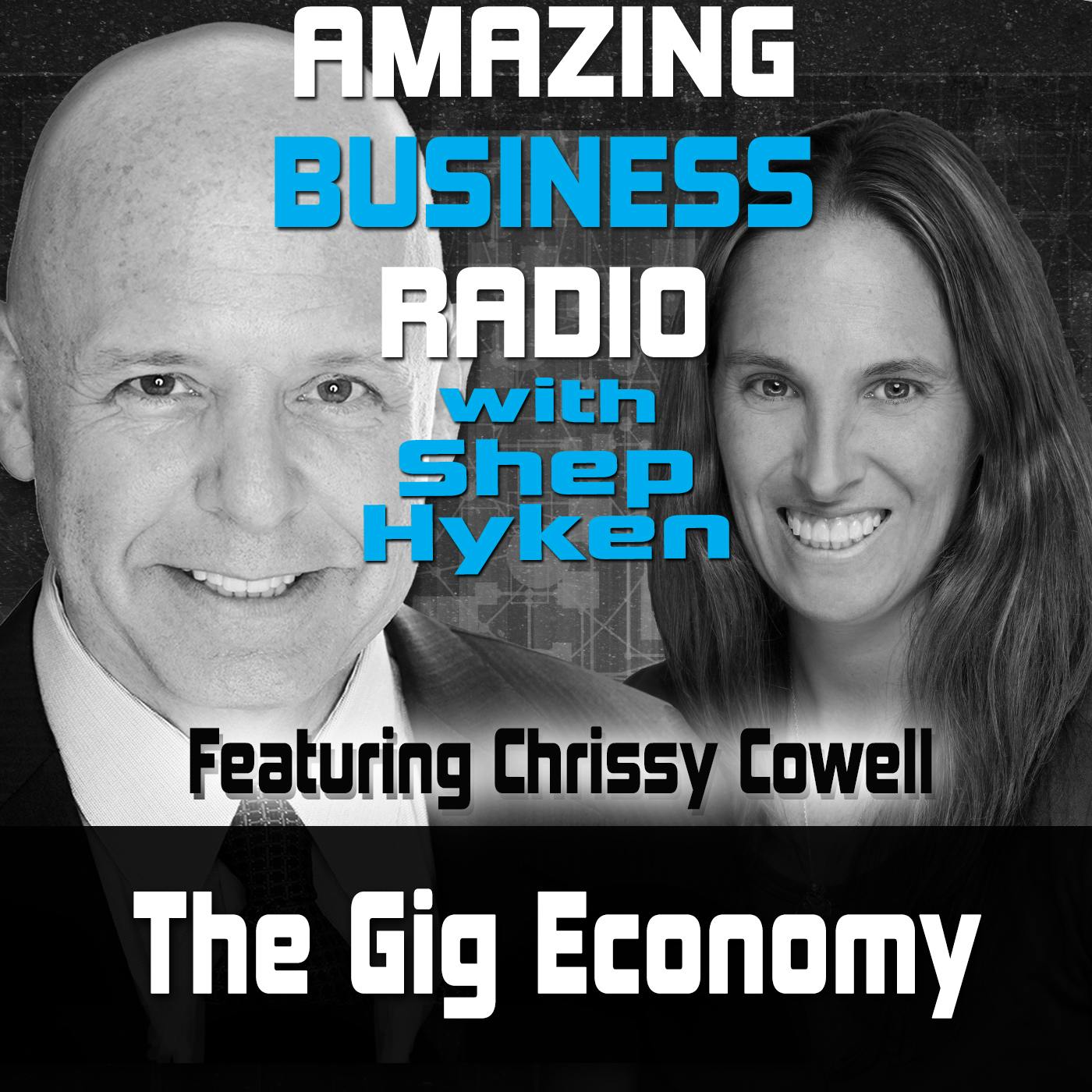
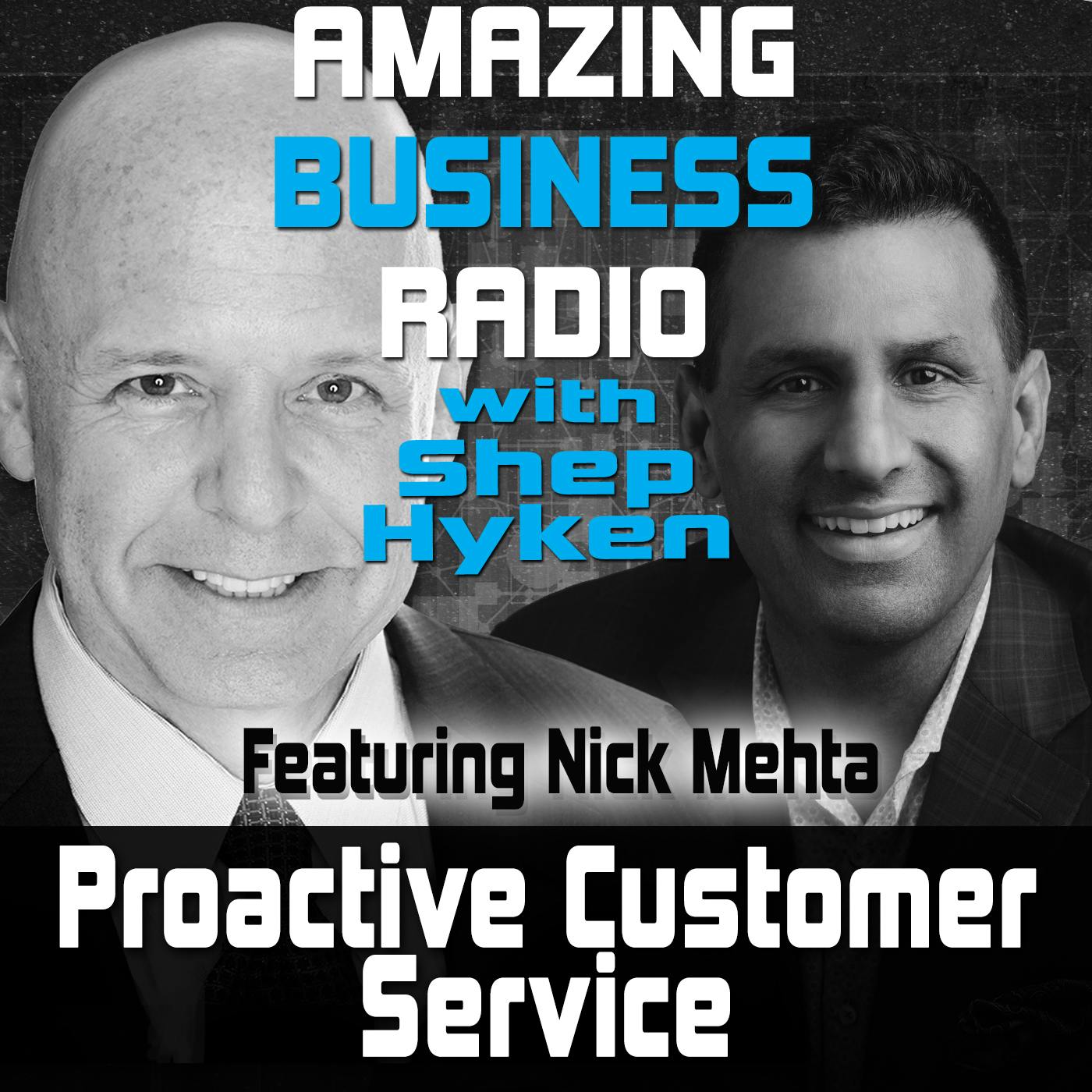
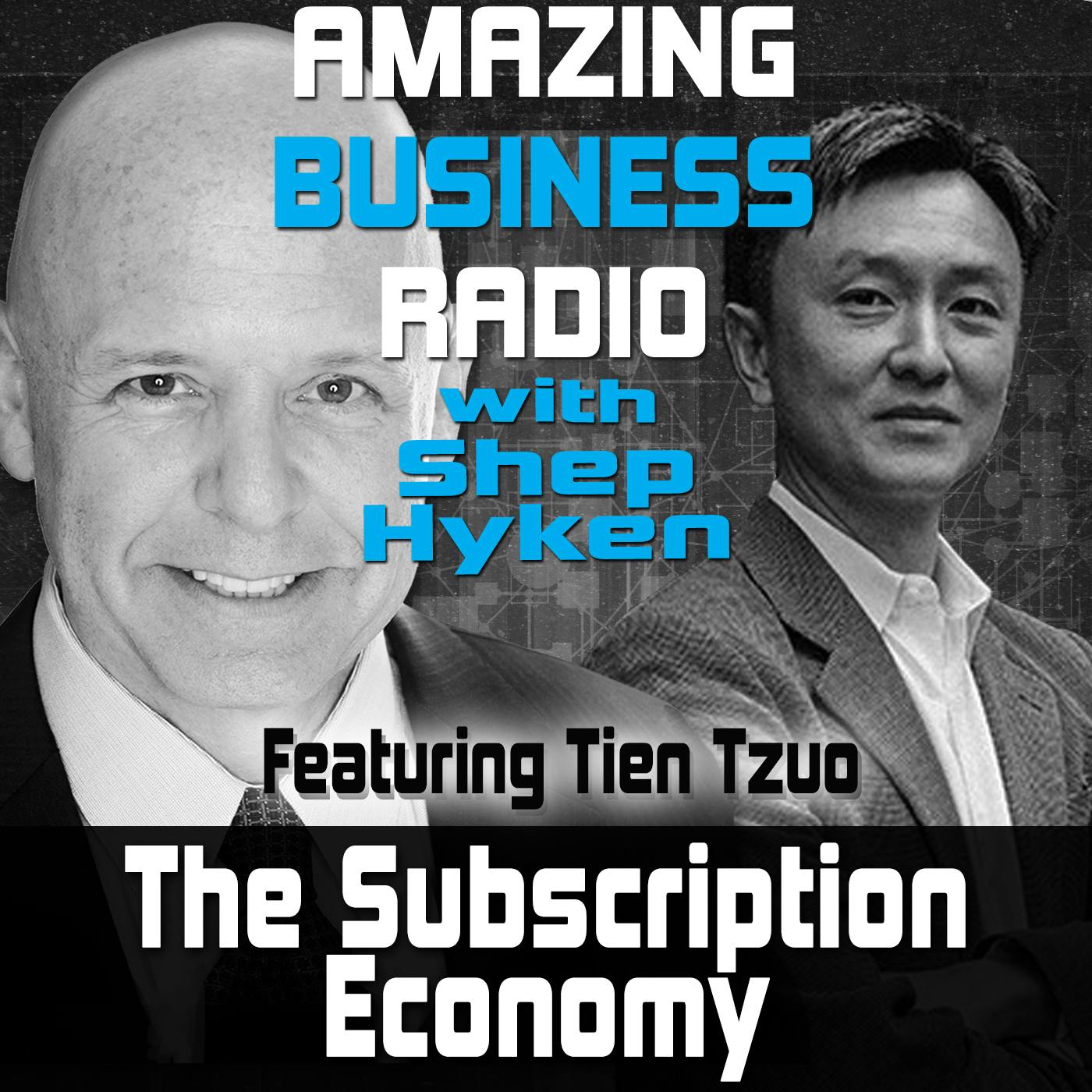
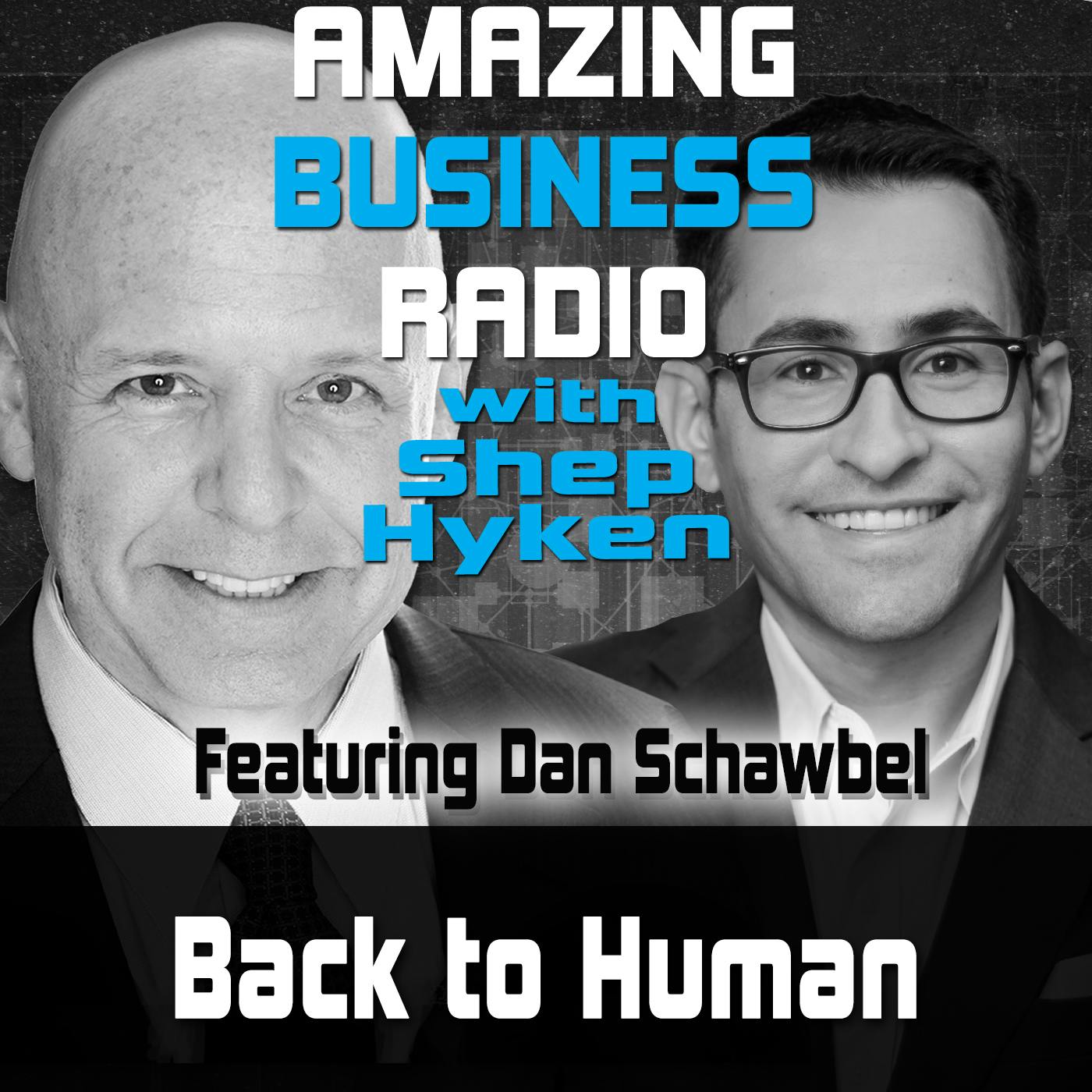
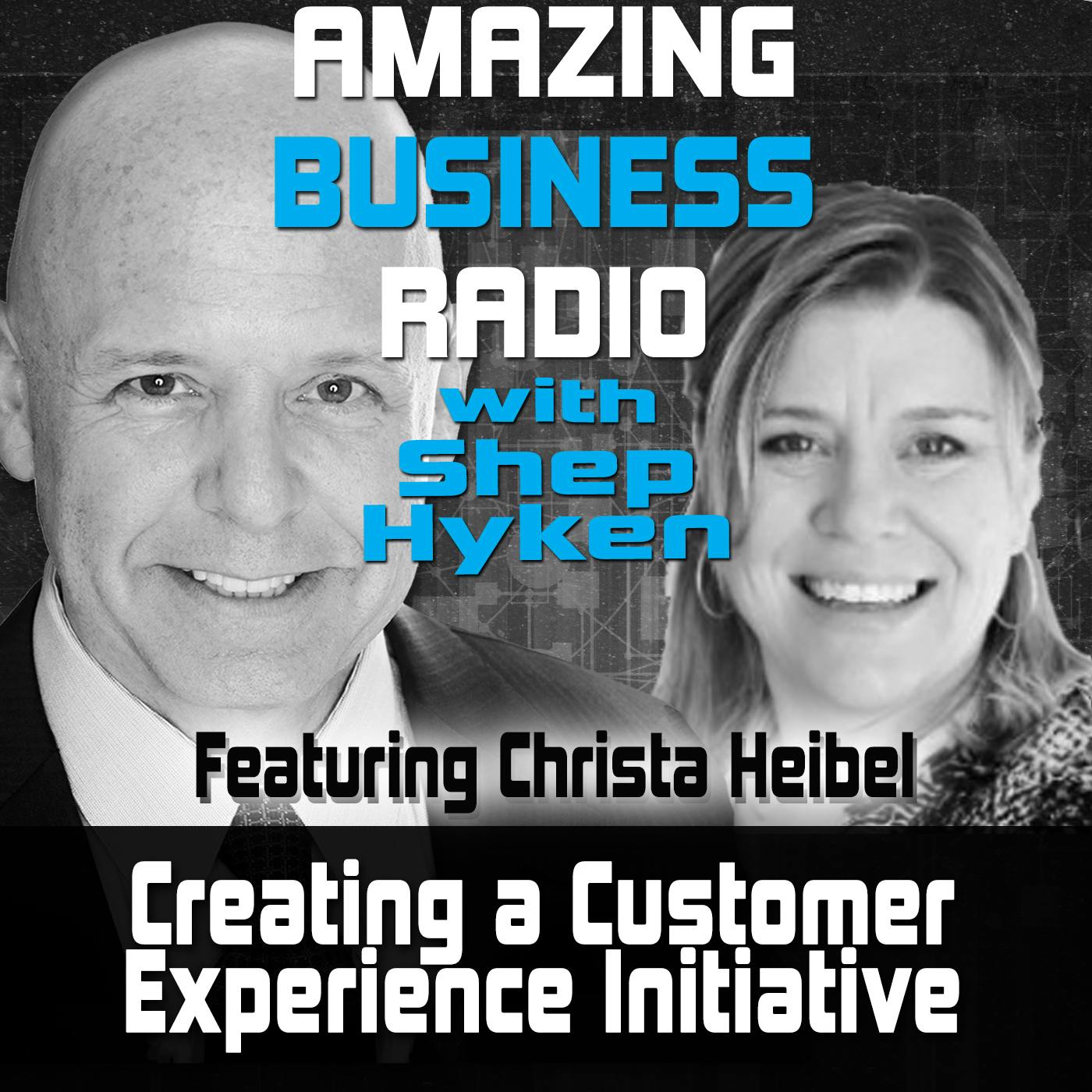
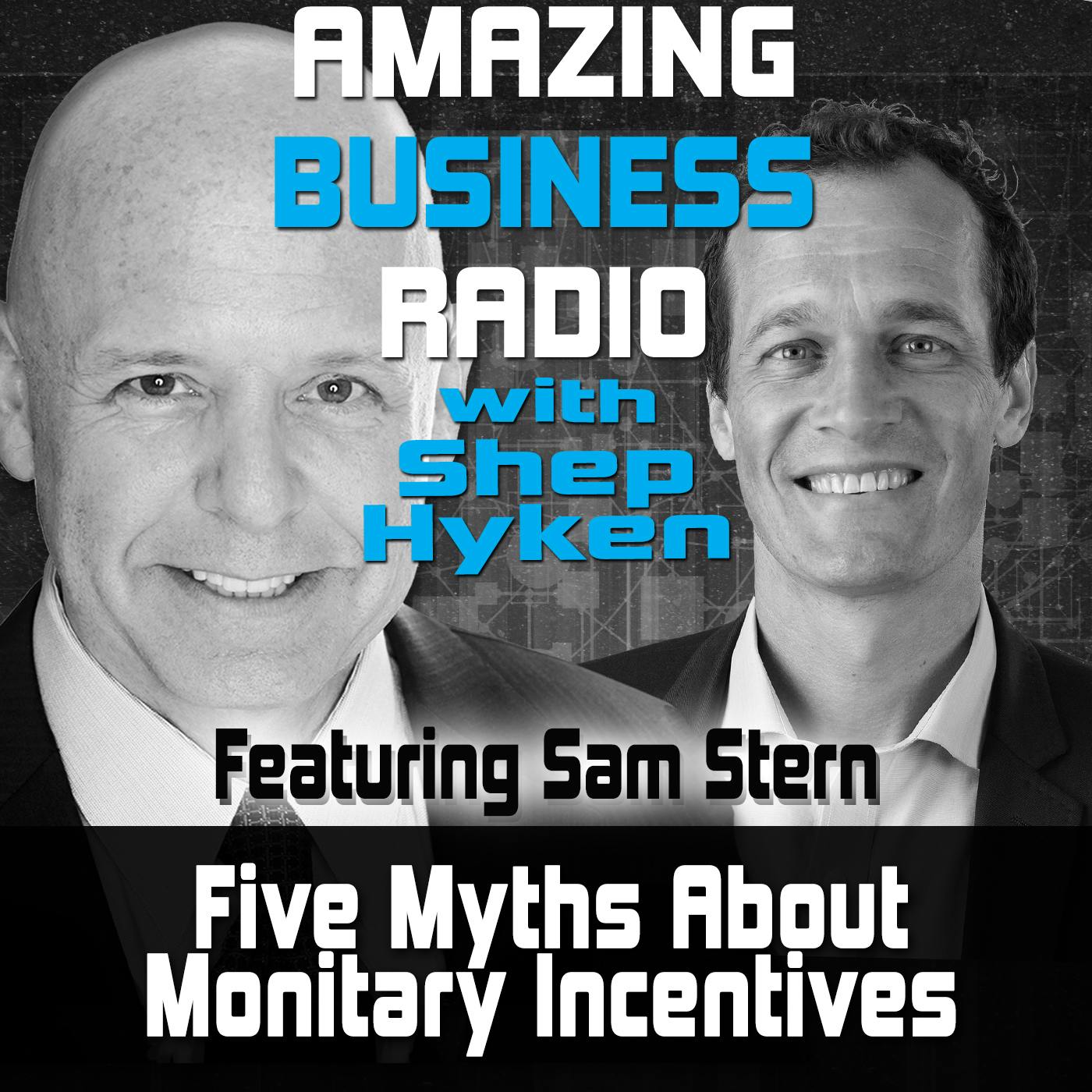
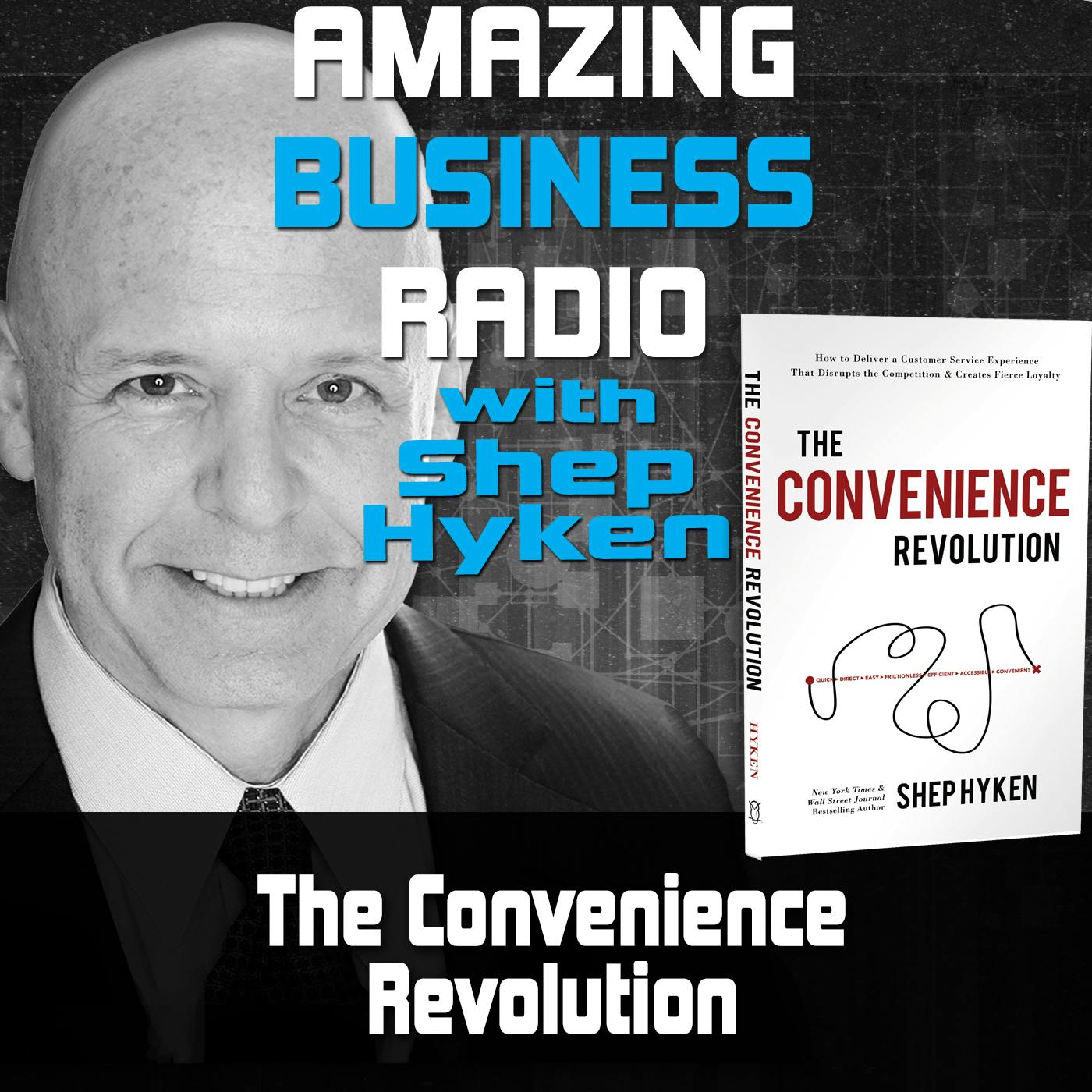




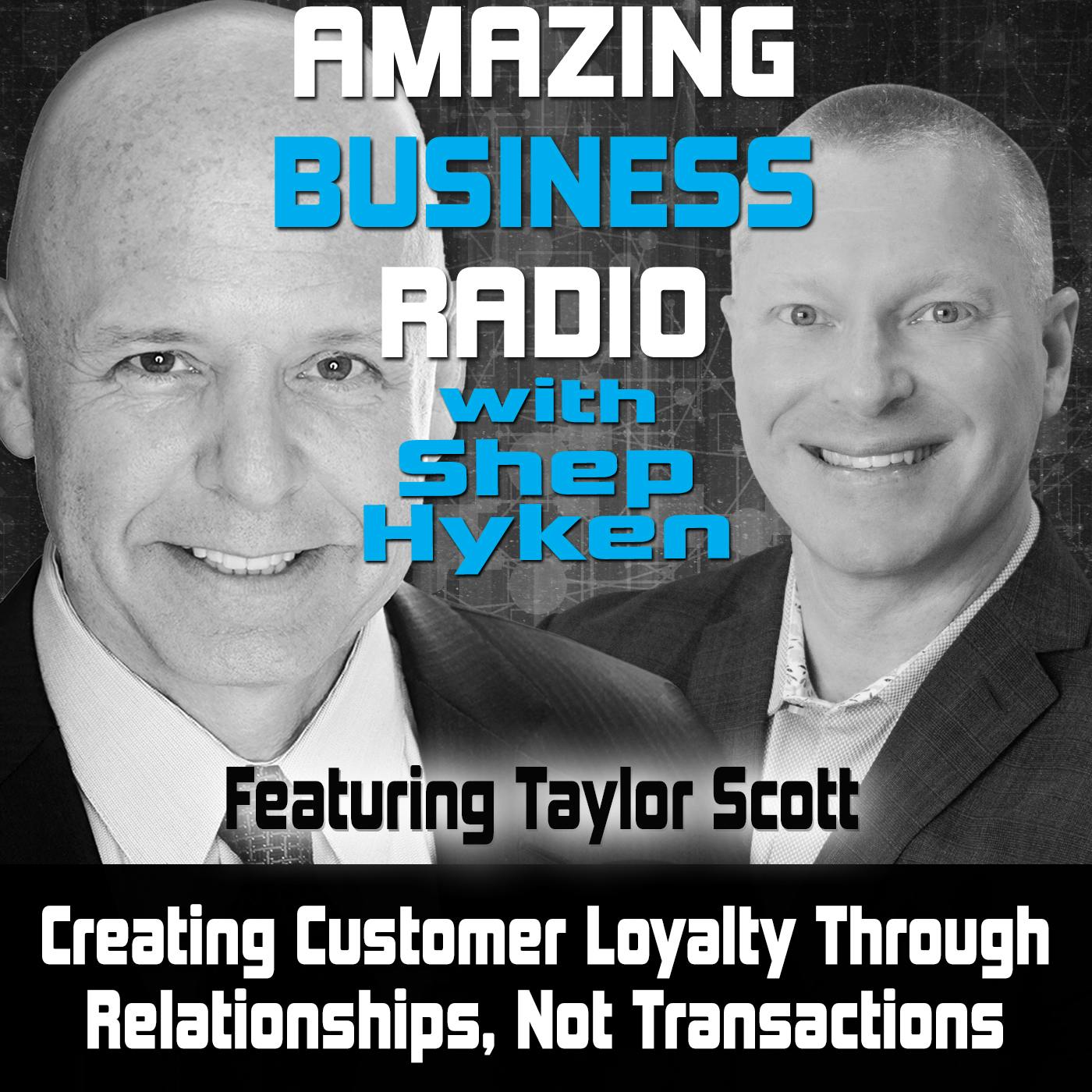









love this episode
love your channel. learn from you a lot